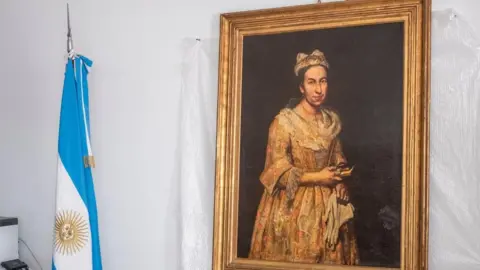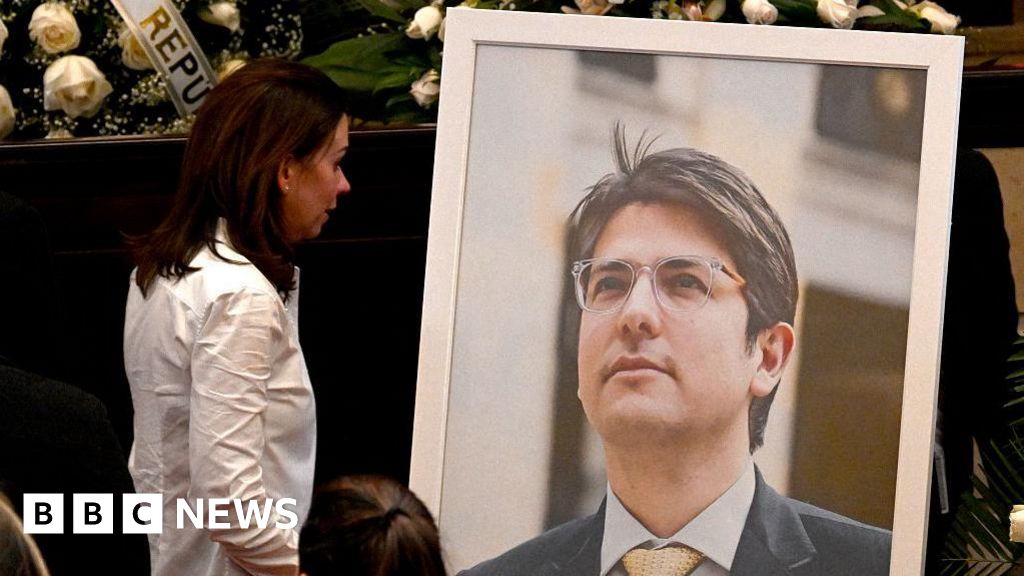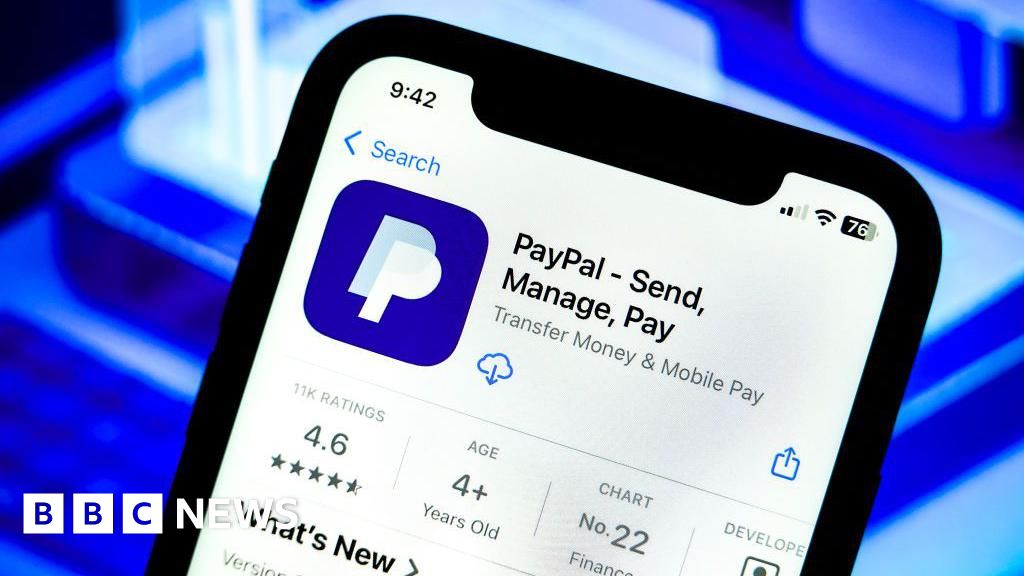Colombia's former president Álvaro Uribe, aged 73, has been sentenced to twelve years of house arrest in a landmark ruling, as he became the first ex-leader in the nation’s history to be found guilty of a crime. The sentence stems from charges of witness tampering and fraud, which emerged from a case that has lingered for over a decade. Along with the sentence, Uribe has been barred from holding public office and fined a significant amount of $578,000 (£435,000).
Despite the conviction, Uribe, who served as president from 2002 to 2010, asserted his innocence in court, claiming that the judicial proceedings aimed to "destroy a voice for the democratic opposition." His tenacity in denying the accusations, including allegations of collusion with right-wing paramilitary groups, has kept him popular among a substantial segment of the Colombian populace.
The case has been fueled by testimony from two imprisoned ex-paramilitary members who accused Uribe’s former lawyer, Diego Cadena, of offering them monetary incentives to provide favorable testimony for Uribe. Cadena has denied these claims, defending Uribe in court.
The conviction of Uribe has drawn international attention and generated mixed sentiments within Colombia. Notably, U.S. Secretary of State Marco Rubio publicly criticized the ruling, alleging misuse of judicial power against Uribe, who he insisted was only acting in defense of his country.
Uribe’s presidency was marked by his aggressive stance toward guerrilla factions, particularly the left-leaning FARC, and received backing from Washington for his tough anti-terrorism policies. Nevertheless, his administration has faced substantial criticism for failing to adequately address systemic poverty and inequality within Colombia. FARC signed a peace agreement with Uribe’s successor in 2016, yet violence from former guerrilla factions and paramilitary groups continues to plague Colombian society.




















